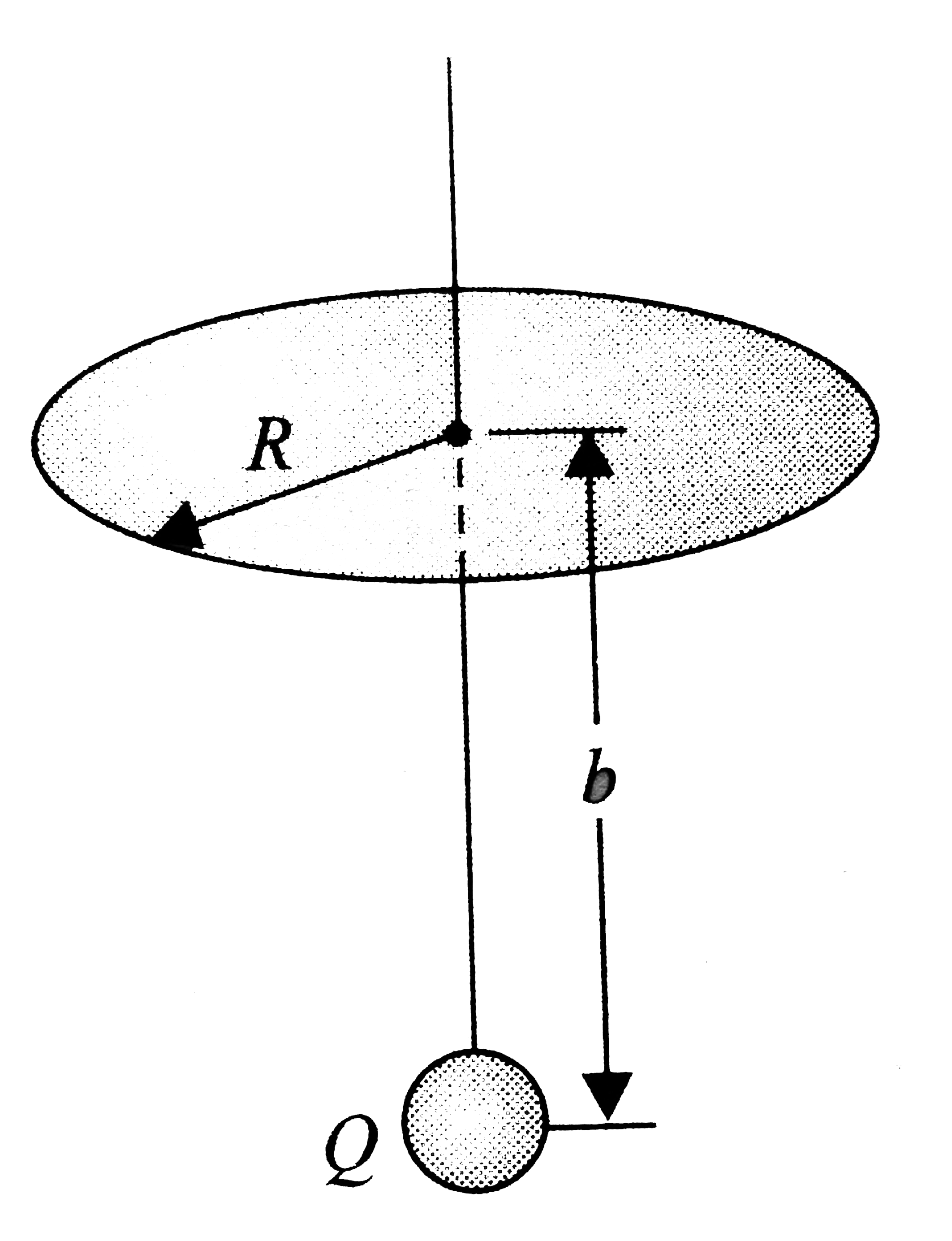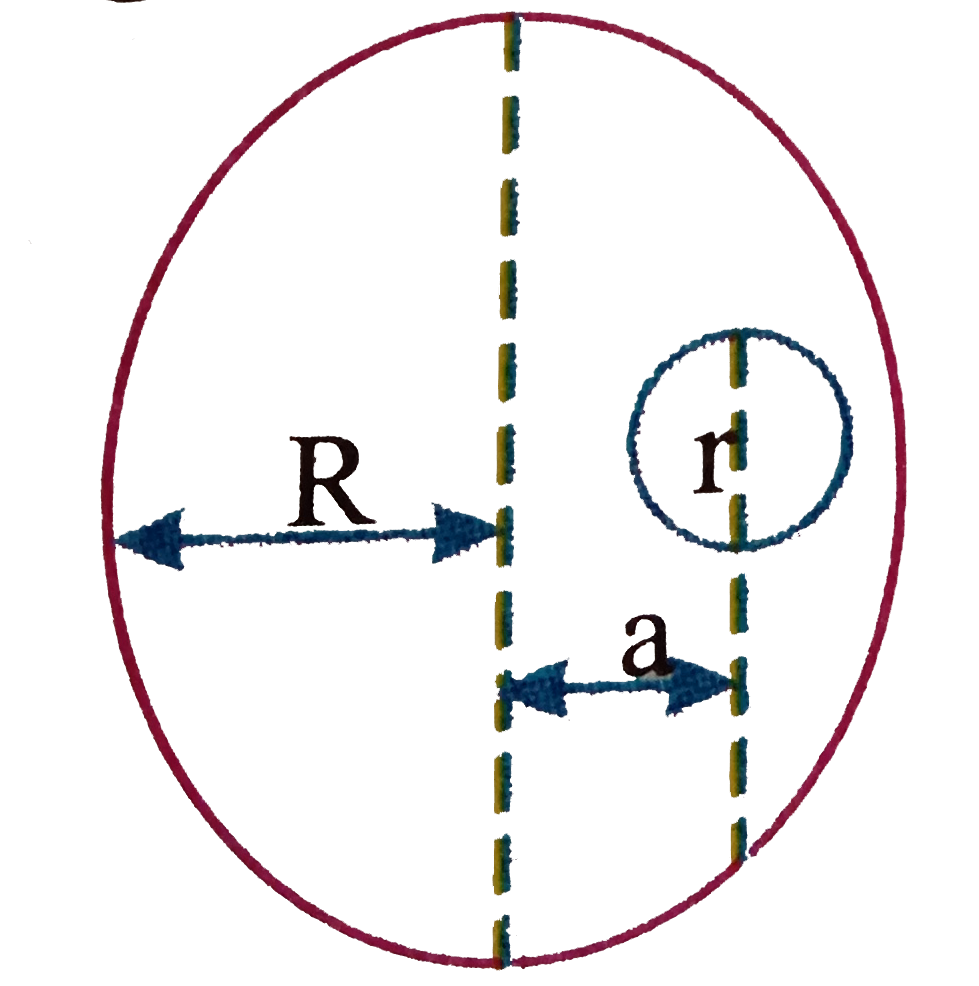A spiral galaxy can be approximated as an infinitesimally thin disk of a uniform surface mass density (mass per unit area) located at z=0. Two stars A and B start from rest from heights 2z0 and z0 (z0<< radial extent of the disk), respectively, and fall towards the disk, cross over to the other side, and execute periodic oscillations. The ratio of time periods of A and B is
2−1/2
2
1
21/2
Step by step video & image solution for A spiral galaxy can be approximated as an infinitesimally thin disk of a uniform surface mass density (mass per unit area) located at z=0. Two stars A and B start from rest from heights 2z_(0) and z_(0) (z_(0) lt lt radial extent of the disk), respectively, and fall towards the disk, cross over to the other side, and execute periodic oscillations. The ratio of time periods of A and B is by Physics experts to help you in doubts & scoring excellent marks in Class 12 exams.
Updated on:21/07/2023Topper's Solved these Questions
Similar Questions
A point charge Q is located on the axis of a disk of radius R at a distance b from the plane of the disk. Show that if one-fourth of the electric flux from the charge passes through the disk, then R=√3b.

View SolutionLet z1andz2 be the roots of z2+az+b=0. If the origin, z1andz2 from an equilateral triangle, then
View Solution
Knowledge Check
A thin circular disk of radius R is uniformly charged with density σ>0 per unit area.The disk rotates about its axis with a uniform angular speed ω.The magnetic moment of the disk is :
AπR4σωBπR42σωCπR44σωD2πR4σωA circular hole of radius r is made in a disk of radius R and of uniform thickness at a distance a from the centre of the disk. The distance of the new centre of mass from the original centre of mass is
 AaR2R2−r2Bar2R2−r2Ca(R2−r2)r2Da(R2−r2)R2
AaR2R2−r2Bar2R2−r2Ca(R2−r2)r2Da(R2−r2)R2A solid unifrom disk of mass m and radius R is pivoted about a horizontal axis through its centre and a small body of mass m is attached to the rim of the disk. If the disk is released from rest with the small body, initially at the same level as the centre, the angular velocity when the small body reaches the lowest point of the disk is.
A√12g13rB√11g12rC√12g11rD√7g11r
Two point charges −q and +q are located at points (0,0−a) and (0,0,a) resepctively.The electric potential at point (0,0,z)is (Z>a)
View SolutionA uniform disk of mass 300kg is rotating freely about a vertical axis through its centre with constant angular velocity ω. A boy of mass 30kg starts from the centre and moves along a radius to the edge of the disk. The angular velocity of the disk now is
View SolutionDistance of the centre of mass of a solid uniform cone from its vertex is z0 . If the radius of its base is R and its height is h then z0 is equal to:
View SolutionA horizontal 9kg merry-go-round is a solid disk of radius 1.50m and is started from rest by a constant horizontal force of 50.0N applied tangentially to the edge of the disk. The kinetic energy of the disk after 3.00s is.
View SolutionThe center of a regular polygon of n sides is located at the point z=0, and one of its vertex z1 is known. If z2 be the vertex adjacent to z1, then z2 is equal to
View Solution
